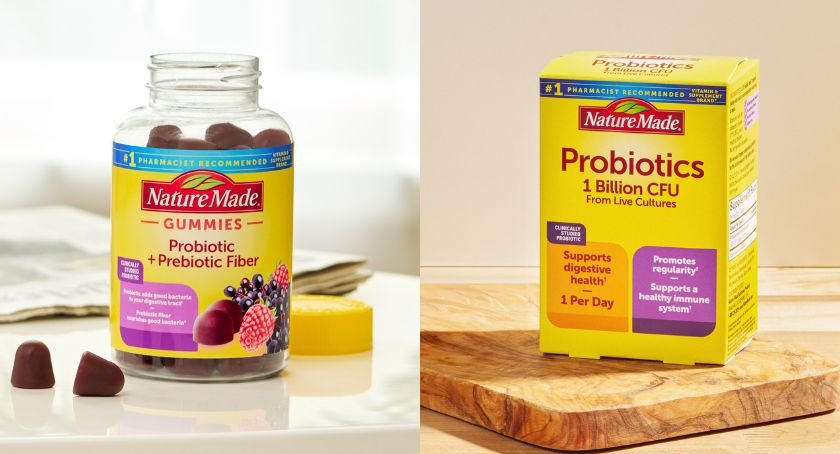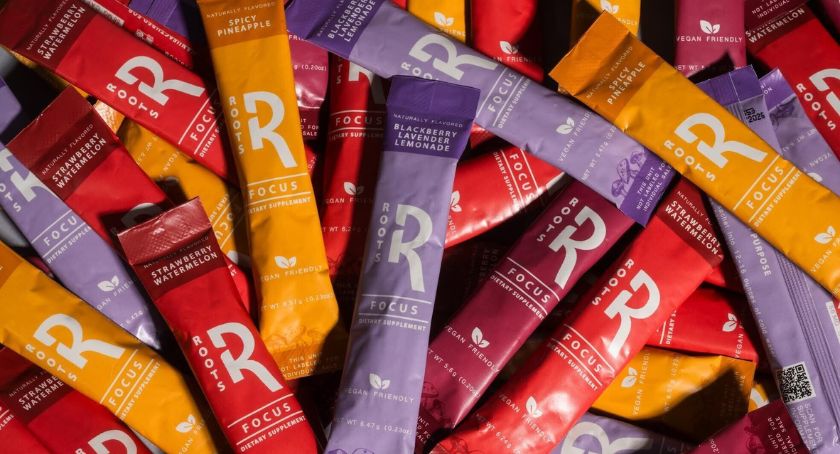
By: Joanna Cosgrove
Looking back over the regulatory issues that impacted the dietary supplement industry this past year, it’s clear that the resounding focus is to continue the missions of the previous year: manufacturing transparency and weeding out the interlopers whose substandard and/or tainted products threaten the credibility of the industry.
The industry continued to fine tune its implementation of Good Manufacturing Practices (GMPs), which went into effect last June and applies to all but the smallest companies, as well as Adverse Event Reporting (AER), the law that went into effect in December 2007. “Continued implementation of the dietary supplement Good Manufacturing Practices regulation clearly leads the way on key regulatory events for 2009,” said Andrew Shao, PhD, vice president, Scientific and Regulatory Affairs, Council for Responsible Nutrition (CRN). “GMP inspections have begun in full force, and we are beginning to see the areas of focus for FDA as well as those areas of deficiencies for the industry.”
According to Michael McGuffin, president of the American Herbal Products Association (AHPA), so far, the inspections appear to be a learning process for both FDA and the supplement industry. “FDA inspectors are still undergoing training on the new GMPs in some districts, and we have heard that some inspectors are giving food GMP inspections but identifying what they will be looking for in a dietary supplement inspection,” he said.
Dr. Shao said that, in his estimation, the ongoing enforcement of the GMPs will ultimately leave a very long-lasting impression. “The reason GMP enforcement is so critical goes beyond the need to assure product quality,” he said. “The very nature of GMP enforcement centers on inspections. Once an FDA inspector is in a facility, anything is game—the inspector can not only ask about SOPs and record keeping related to GMPs, but he/she can also ask for labels, claim substantiation, ingredient status (i.e., grandfathered or NDI), adverse event report records, and so on. Inspections are the best and most effective means of enforcement.”
Adverse Event Reporting
The supplement industry has been required to report adverse events—serious, harmful effects or illnesses from dietary supplements—to FDA since December 2007. The threat of adverse events was crystallized in May 2009, when FDA ordered Iovate Health Sciences to pull 14 of its Hydroxycut weight loss products from the market because they had accrued more than 20 consumer health problem complaints.
“In calendar year 2008, 1025 reports of adverse events associated with dietary supplements were reported to FDA,” said Mr. McGuffin. “Overall, the data show companies are submitting SAEs to FDA, the total number of reports for this class is low, and about 8% of these reports were associated with herbal dietary supplements. (In calculating this, AHPA considers an herbal dietary supplement to be one that contains only one herb or a combination of herbs or where the primary ingredient is an herb or a combination of herbs.)”
While the efforts to streamline Adverse Event Reporting (AER) have been ongoing, this past August FDA affirmed its commitment to the cause by issuing guidelines recommending that all supplement product labels include either a domestic phone number or address, or a recommendation for consumers to call their medical doctor to facilitate easier reporting of adverse events. The deadline to comply with the new label guidelines is September 30, 2010.
“There are many implications here,” pointed out Loren Israelsen, executive director, United Natural Products Alliance (UNPA), Salt Lake City, UT. “What is a reportable SAER, who does the reporting, what happens if FDA believes there is a failure to report, FDA’s authority to watch over your shoulder to review the ODI/NDI status of ingredients? There are many lessons and issues here that will have carry-forward effects.”
Mr. Israelson felt that the motto of change embodied by the new administration also bodes well for AER enforcement. “The appointment of new leadership at FDA and FTC is very significant,” he said. “Change was promised and change is happening. The rate and number of enforcement actions is rapidly rising. This will continue as long as the Congressional leadership currently running the key committees remains the same. Instead of headwinds, FDA is now enjoying a fairly strong tailwind of support in the Congress.
“The FDA/FTC Flu Task Forces electronic e-mail Warning Letters and public posting of the Warning Letters and thus the names of the accused is a significant indicator of how fast and how public both FDA and FTC will likely be in future actions,” he added. “The strategy of speed and publicity by government regulators is to be a central point concern and discussion within the dietary supplement industry.”
Curtailing Adulterated Products
Stemming the flow of adulterated dietary supplements to the market proved to be another contentious endeavor in 2009, and it will no doubt keep the industry on its toes for many years to come.
“The key issue in 2010 for the industry to face and overcome is the seemingly endless stream of products adulterated with illegal drugs or approved pharmaceutical ingredients (APIs),” said Dr. Shao. “While it represents a small fraction of the industry, this has already taken a toll, providing industry detractors with fuel they need to attack DSHEA.”
If the dietary supplement industry doesn’t address this problem with serious perseverance, he said, then the industry as a whole faces a certain uphill battle in Washington. “This has the power to completely undermine consumer confidence in our products,” he warned, “and if we don’t want the law changed, we must take the initiative and be proactive about assuring product quality and not tolerating those who thumb their nose at the law to make a quick profit.”
Mr. Israelson concurred. “The spiking of dietary supplements with steroids and pharmaceuticals, and attendant efforts to stop this, is a bellwether issue,” he said. “There is no more inexcusable behavior than the intentional spiking of any consumable product, and we are being harshly judged for this, whether it is our power to stop this or not. Of all the DSHEA-bashing articles we have seen in the last six months, this is the subject that remains the most dangerous and damaging to us.”
Daniel Fabricant, PhD, vice president, Scientific and Regulatory Affairs for the Natural Products Association, also agreed and termed the industry’s actions relating to AERs and GMPs to be “critical” to the industry’s future, especially as it relates to consumer confidence. “With the steroidal products masquerading as supplements, that will have the effect of some additional legislation that will most likely make it easier for DEA to schedule illegal anabolics that are masquerading as supplements,” he said. “So while the AER and GMP actions will have the longest lasting effect, it is important to ensure that no unintended consequences arise on any of the other items, like giving DEA more authority, which we just did five years ago and all they have done since that time is publish a proposed rule to list three compounds.”
There has also been the issue of drugs—virility, weight loss and sports products—illegally masquerading as dietary supplements. “It is apparent from enforcement actions around the globe that the problem of spiking in these classes is international,” said Mr. McGuffin. “AHPA has suggested FDA use its effective and efficient strategy against fraudulent H1N1 products against products that are labeled as dietary supplements but claim to contain illegal steroids. This would not catch all the bad guys, but it would pick off the low hanging fruit.”
Looking Ahead
In addition to GMPs and AER, other politically charged issues are looming on the dietary supplement industry’s horizon. While FDA’s NDI Guidance and the possibility of proposed amendments to DSHEA are certainly among them, many industry players are curious about the role of dietary supplements in the country’s evolving healthcare system.
“The healthcare landscape will likely change in a way that will reward good outcomes and increase CAM and preventive care. For example, what if urinary tract infections could be avoided post-surgery, simply by giving a patient natural, dried cranberry juice capsules? That would greatly reduce the risk of urinary tract infections, without the major known risks that come with antibiotic use,” said Joanne Gray, a partner in the NY-based Goodwin Procter law firm. “The goal of all proactive companies in this sector should be to see the business opportunities on the horizon, consult with legal counsel on the regulatory issues, and capitalize on the new opportunities consistent with the changing law.”
Dr. Fabricant felt that once the healthcare discussion is over, the effects of this political environment will have an impact on all industries, including the dietary supplement segment. “For all intents and purposes, as in any highly political environment, the role of government will continue to grow, which means for our industry to continue to flourish we need to strengthen our voice with the government,” he said. “As the fourth most regulated industry by the FDA (after Rx, OTC and Devices) we need to have more of the industry participate in our efforts to preserve DSHEA and promote the positive role the industry plays in our nation’s health and well-being. I think this is the key issue facing the industry.
“We are maturing as an industry,” he contined. “We are a 15-year-old industry by the books, and now with some history we can start looking at ways to mine data—whether it’s from AERs or GMP—and use that data to improve how we do business. This is how other FDA regulated industries succeed, especially in the face of adversity and I think we’re well-positioned to do the same.”





















